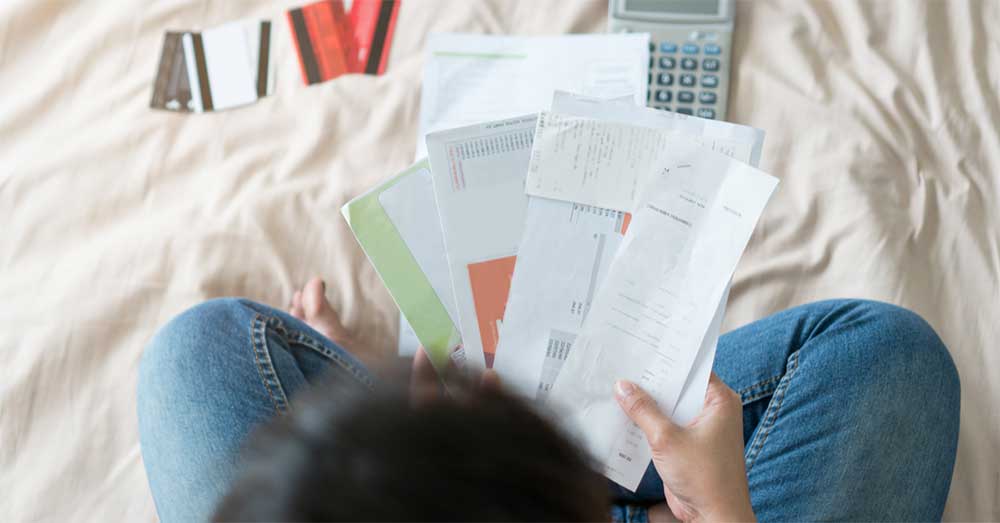Debt is difficult to manage, and the COVID-19 pandemic has made things much more difficult for many Americans. Fortunately, the state and federal governments are assisting those who have been impacted in various ways. While such actions may assist you, it is also critical that you protect your financial stability by taking some efforts on your own.
Programs of the Government
President Biden signed the American Rescue Plan into law on March 11, 2021, which includes a $1.9 trillion stimulus plan that includes housing help, tax credits, extended unemployment benefits, stimulus cheques, and small business assistance.
Checks for Stimulus
If you and your dependents are eligible, you will each receive $1,400. If you make an adjusted gross income (AGI) of $75,000 or less per year as an individual or $150,000 or less as a married couple, you are eligible. If your AGI is less than $80,000 for an individual and $160,000 for a couple, you may be eligible for phased payments.
Benefits for Unemployed People
The provision of federal unemployment benefits of $300 per week – in addition to state payments – is planned to continue until September 6, 2021. You may also be eligible for a tax exemption on the first $10,200 in unemployment benefits you get in 2020.
Homeowners will be relieved.
By contacting their mortgage providers, homeowners can apply for forbearance programs that allow them to reduce or stop making their mortgage payments. The moratorium on foreclosures will last until June 30, 2021. You may need to file your request by the end of June if you have a VA, USDA, HUD, or FHA loan. Freddie Mac and Fannie May loans are exempt from this deadline.
Renters are getting some relief.
The evictions moratorium has been extended until June 30, 2021 under the new law. If you earn less than $99,000 per year as a person or less than $198,000 as a couple, you may be eligible. You may also be eligible for state and local government aid.
Students are relieved.
The moratorium on student loan payments has been extended until September 30, 2021, providing relief to students. Students can defer payments without incurring additional interest charges if they do so.
What You Can Do Independently
While dealing with debt that you are having problems repaying can be intimidating, there are steps you can do to make the journey a bit easier.
- Stop taking out loans. Maintaining your credit card accounts active while paying off outstanding bills will help you restore your credit score.
- Check your cards to see if you have any unused rewards that you can cash in right now.
Make contact with your lenders. Payment relief and charge waivers have been granted by a number of financial institutions, including credit card, loan, and utility service providers. If you’re experiencing difficulties making any of your payments, contact your creditors as soon as possible. - Don’t throw away your credit cards. Maintaining your credit card accounts active while paying off outstanding bills will help you restore your credit score. Check your cards to see if you have any unused rewards that you can cash in right now.
- Seek help from a professional. Consider seeking professional help from a respected credit counseling firm if you’re confused which option to take. If you believe you are being held liable for a bill you do not own, debt validation may be beneficial.
Conclusion
Financial hardships are being experienced by numerous Americans as a result of the unrelated COVID-19 outbreak. Dealing with existing debt only makes things worse. While both the federal and state governments are working to reduce the conflict, it’s crucial that you also take some preventative actions.
You might benefit from seeking legal counsel if you ever feel like debt collectors are pressuring you or that you aren’t receiving what is due to you.

